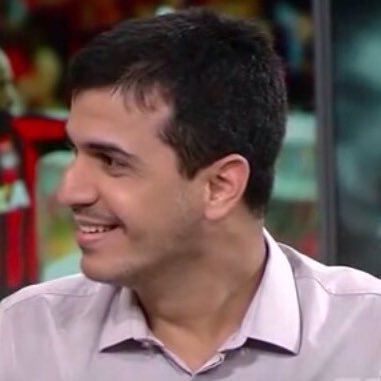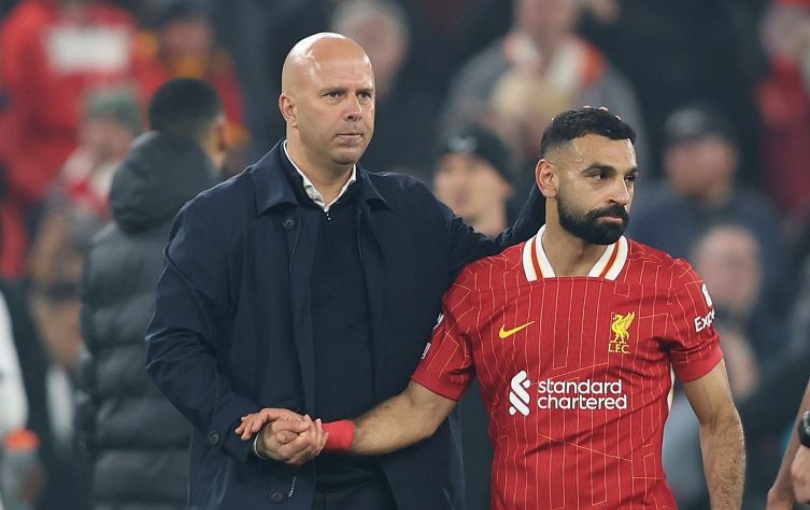Lucas Moura: Dribble the Brazilian way
Learn to outwit defenders on the run with a carnival of samba skills, thanks to this guide from Tottenham's Brazilian magician
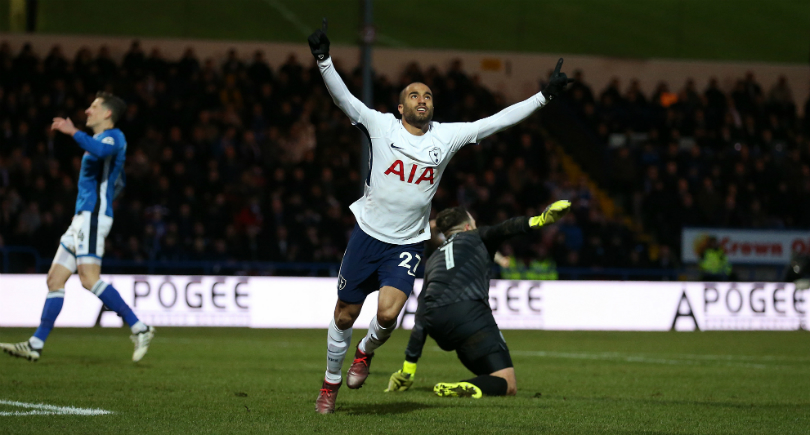
Scout your options
“Dribbling begins before you receive the ball. The first thing I do is look at my closest team-mate to see if he’s being marked. Secondly, I look to see how close my opponent is and how far I am from the penalty box. This helps me decide if I can collect the ball and head for goal or pass it to my team-mate immediately. Once the ball arrives at my feet and I’ve decided there’s space to dribble I face up to my opponent and focus on leaving him behind.”

Read your opponent
“Very often I don’t know much about my opponent, so I don’t know his characteristics. I need to read the situation and use my creativity to dribble. His body position influences my actions a lot, as his reaction time will depend on his body shape. If he comes at me with his body slightly turned to one side, I know it will take him longer to react if I take the ball on the opposite side. This is something I always think about.”
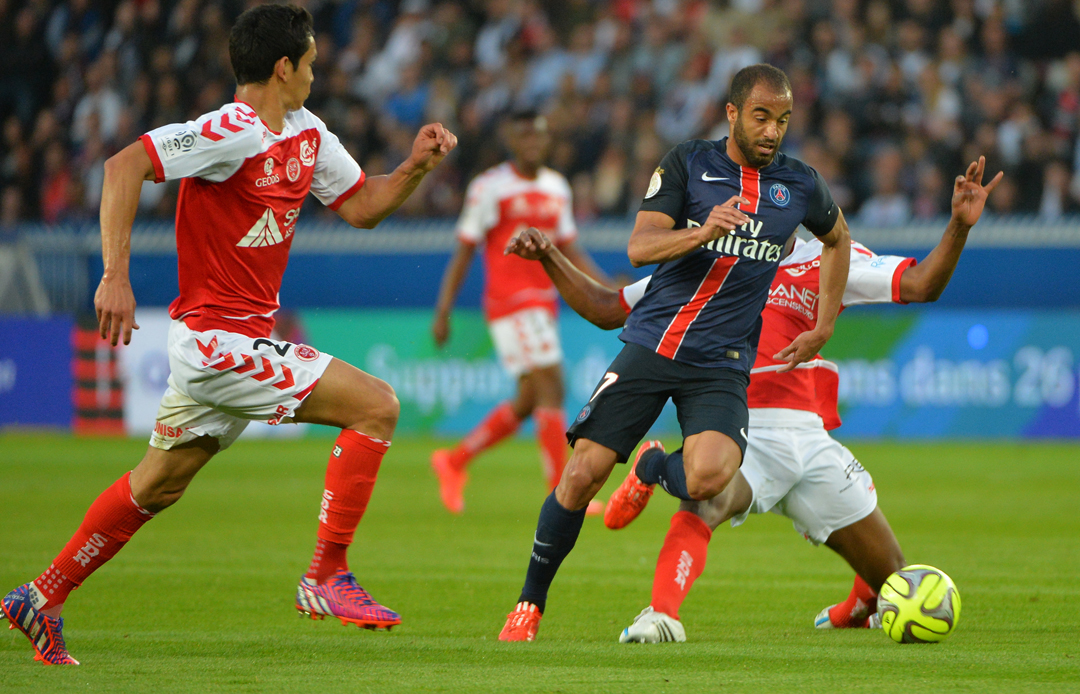
Ooze confidence
“The essence of dribbling is personality, confidence and having a feel for the moment. If you feel you have some ability, you should improve your skills, but also embrace your personality to use them. When I face an opponent I always think that I am able to leave him behind. It’s also absolutely essential to alter what you do. Always change the way you play; do something different. You may pass once and dribble next time, so you won’t become predictable.”
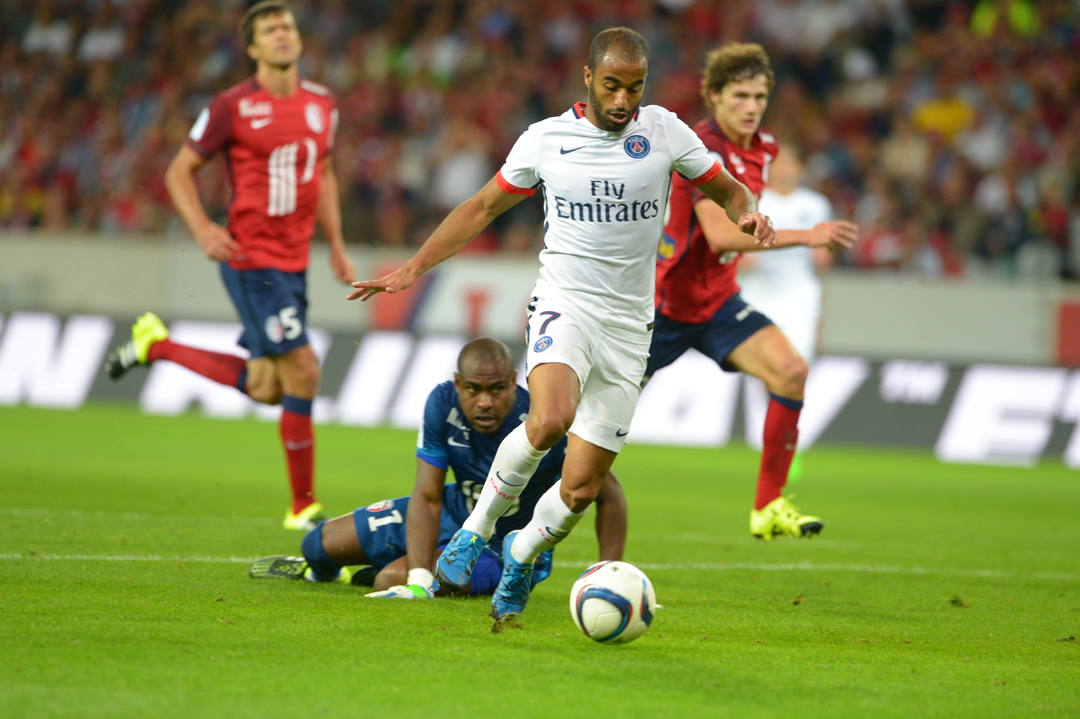
There's a time and place
“The best advice I’ve received on dribbling is to assess when it’s the right moment to dribble and the right moment to play a quick one-two. If you’re in your own half, always touch the ball twice. If you go past the halfway line, head for goal. Put your opponent on the back foot. Always dribble with the aim of attacking goal, never just to humiliate an opponent or to show off. Even if you have no choice but to dribble in your own half, make sure you’re always going forward.”
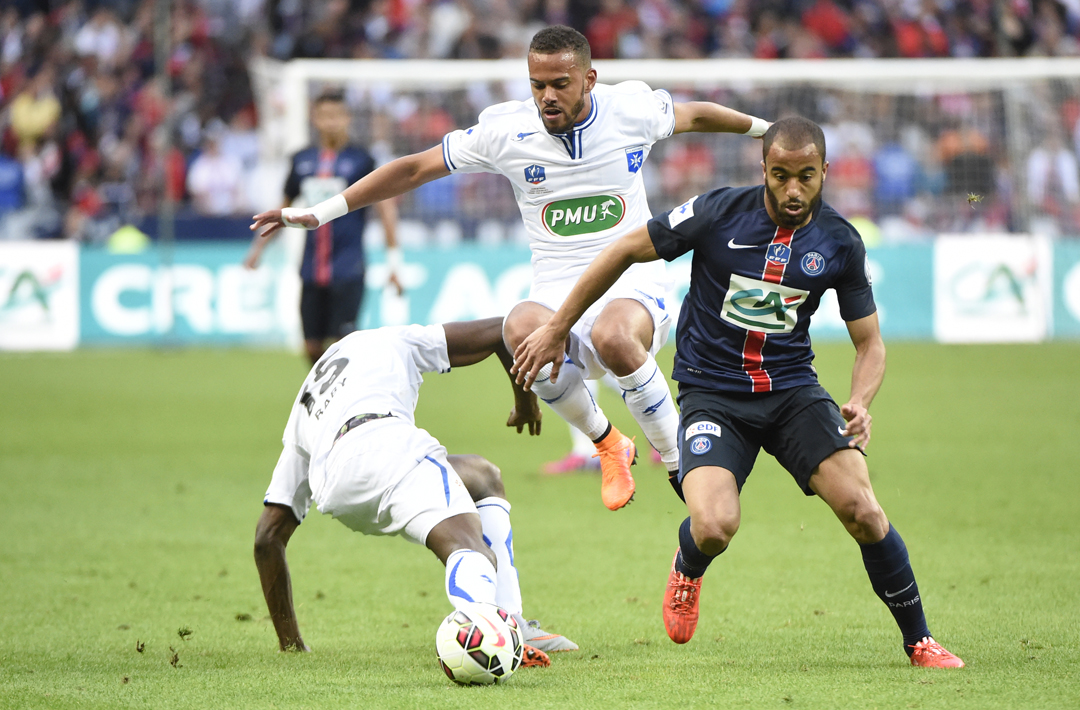
Put in the hard graft
“No matter how skilful you are, you can always improve your game. I’ve always spent time watching footage of great players and tried to emulate them. I’ve always liked to train a lot. After training sessions at Sao Paulo I used to stay behind for an extra 30-40 minutes. I was always there, practicing tricks, finishing, penalties, free-kicks, shooting with my left foot, taking crosses, hitting long passes - you name it, I did it. It’s important to improve even your basic skills.”
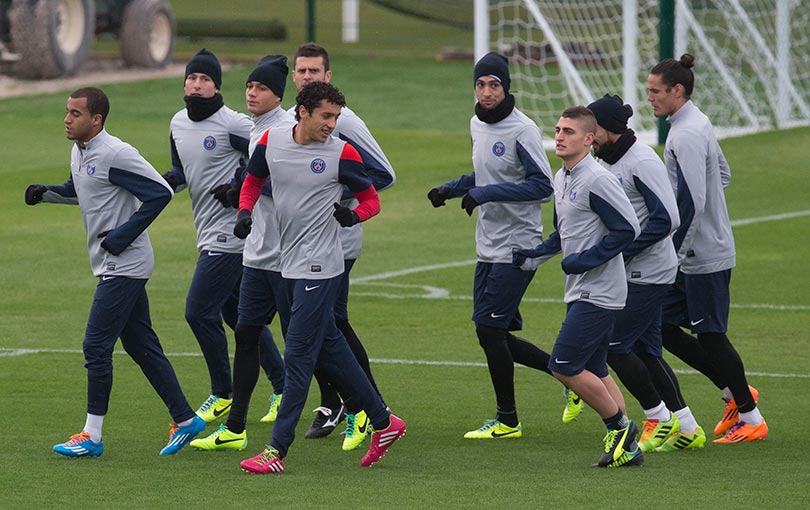
Play futsal
"When I was a kid I used to train at home, dribbling around tables and chairs. I spent days in the yard with my brother and cousin. I’ve always been passionate about football and found it easy to learn new skills, especially as I’m used to playing in tight spaces. Most skilful players started out playing futsal and I am no exception. You learn lots of things – quick thinking, quick feet, quick passing. If you’re can transfer this onto the pitch, you’ll give yourself a great advantage.”
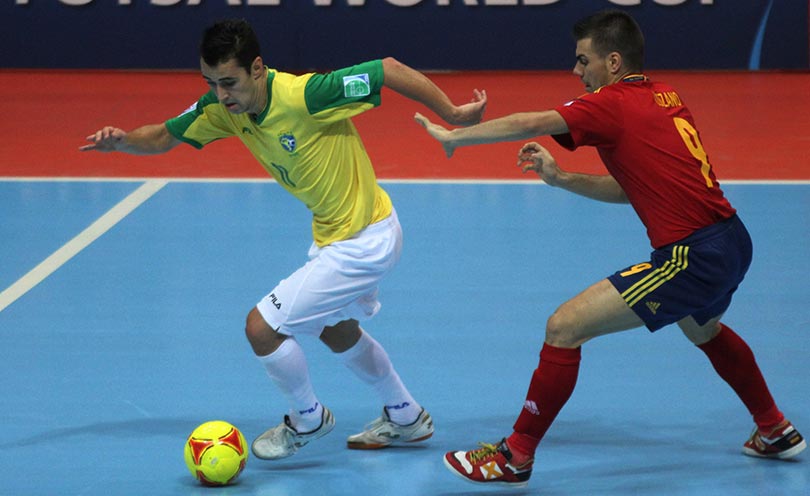
For more football tips see:
Accelerate and beat your man like Messi
Angel di Maria on the art of wing play
Leave full-backs for dust
Improve your dribbling with Gareth Bale: Part One
Improve your dribbling with Gareth Bale: Part Two
Play like Spain: Master the 1 v 1
Ashley Young: How to skin the full-back
Ashley Young: Beat your man with this plan
Get FourFourTwo Newsletter
The best features, fun and footballing quizzes, straight to your inbox every week.
Marcus Alves is a freelance journalist based in Lisbon and has written for FourFourTwo since 2012. He can also be found at BBC Sport, the Telegraph, Kicker and Yahoo. A former ESPN reporter, he covered 12 games in 15 days during the 2014 World Cup in Brazil, but can barely remember any of them. He blames cachaça for that.
